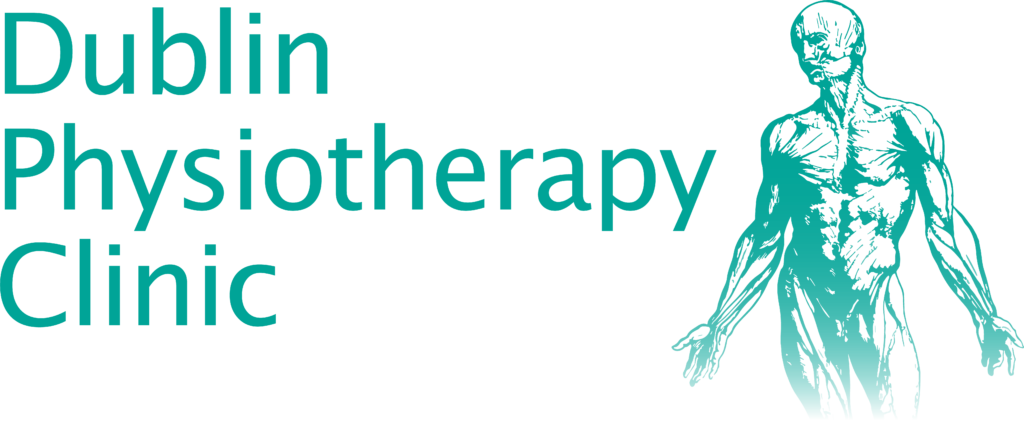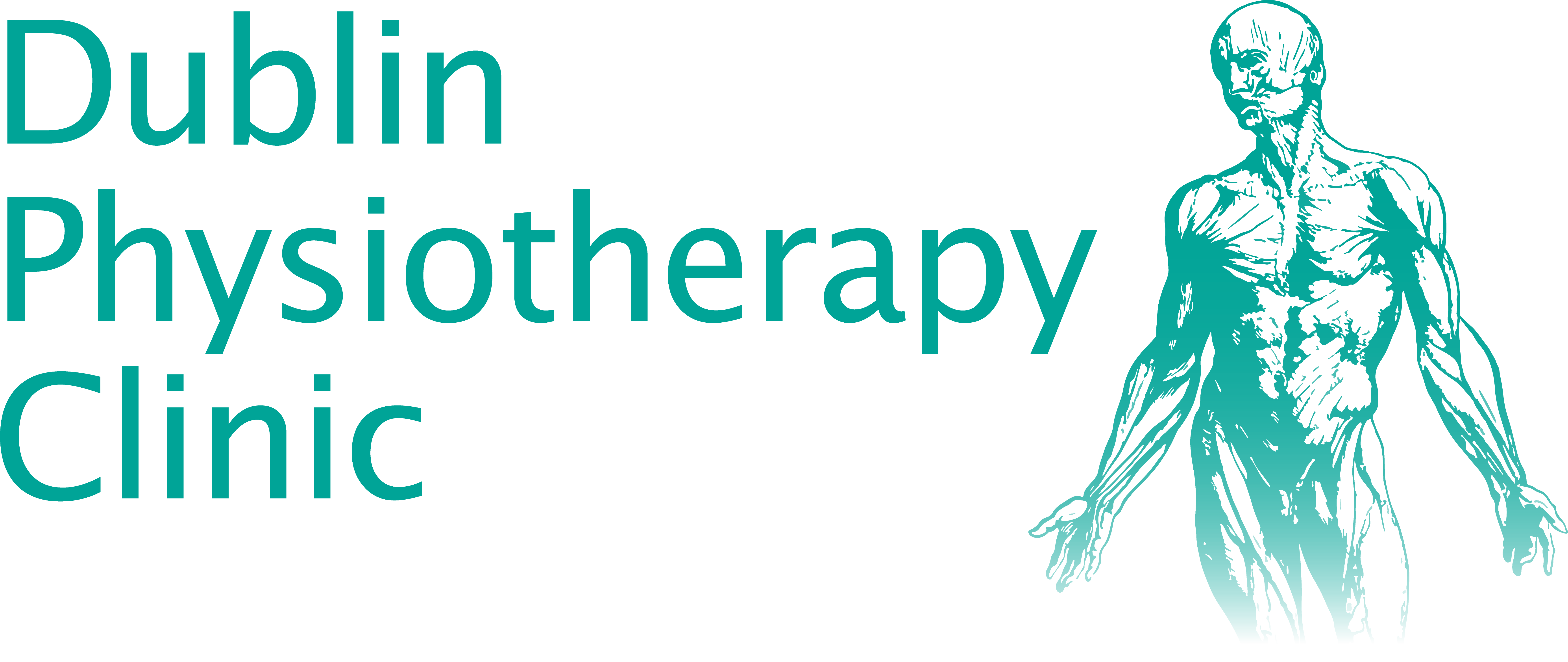David Fitzgerald is back again with a new video focused on low back pain. While the condition is fairly common, it is really important to identify the best way of tackling the issue. Are you treating the symptoms or causes?
There is, in fact, a huge difference between the causes and symptoms related to any disorder or condition and identifying them is just as important.
What’s the difference between symptoms and causes?
As simple as it may sound, the difference between the two isn’t always clear to everyone, as symptoms are often confused with causes so let’s shed some light on this!
As David explains, symptoms are the obvious feelings that tell you something is wrong in a certain part of your body, which doesn’t always have to be specific. Low back pain, for instance, can manifest itself with a variety of symptoms and not always the causes leading to it are the same.
What most of us want when symptoms start arising, is to get rid of them in the fastest way possible. Very frequently, in fact, the attention is mainly focused on how to get rid of these symptoms, forgetting about the causes that led to them. So, identifying the causes is the most important thing because treating the pain doesn’t tell us what is causing it. The very simple example that will help you understand the difference between the two can be found in patients who suffered a heart attack. Switching to a healthy diet is essential to prevent any complications, making sure to avoid the event from happening again. Therefore, while it’s important to treat the patient as quickly as possible, it is also essential to think of ways to tackle the causes that led to the accident.
Putting a focus on the causes of certain conditions will help you understand what went wrong in your body that led to a certain event, whether this is pulling a muscle after playing sports or dislocating a joint after doing a sudden movement.
Of course, it’s also quite common that patients with a long history of conditions or accidents suffer from certain symptoms from time to time and are already familiar with the causes leading to them.
When seeking answers and researching the causes that may have led to the symptoms, clinicians will have to spend time researching the history of the patient’s health to correctly identify one or more of the factors that are causing them discomfort or pain.
Patients, on the other hand, are more concerned with the time their condition will take to heal and what the long-term options are for them.
What are the types of conditions clinicians can deal with?
David makes it very clear that not every condition can be treated by a physiotherapist and it is not uncommon that patients suffering from low back pain or spinal-related issues will require surgical intervention.
Most conditions are easy to identify based on their symptoms, meaning that, the faster the clinician finds the cause to a certain problem, the easier and smoother the patient’s recovery will be. There is also a wide range of conditions, we’re talking about the vast majority of patients suffering from spinal pain, that can usually be treated with a combination of manual treatments and corrective exercises used to reduce the symptoms and slowly start tackling the causes of the problem.
Needless to say, treatment always involves the collaboration of both the patient and physiotherapist; it is, therefore, essential to be transparent about the duration of the therapy session, which can sometimes last between 40 minutes to an hour.
The key is making the rehabilitation work achievable, practical and progressive. When suffering from low back pain, you shouldn’t limit yourself to taking action on the symptoms. Seeking the opinion of a physiotherapist can help you shed light on the causes that led to the problem, preventing it from happening again in the future. A clinician’s job is to make sure to give their patients the best quality of life possible and this can only be achieved through the thorough research of causes linked to symptoms.
If you decide to book a physiotherapy session, David will suggest Five important questions you should be prepared to ask your clinician in his next video. So, if you want to find more about that, make sure to watch David’s new informative vlog next week!





